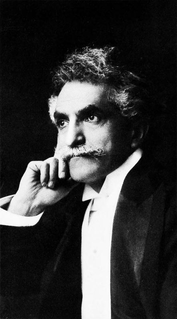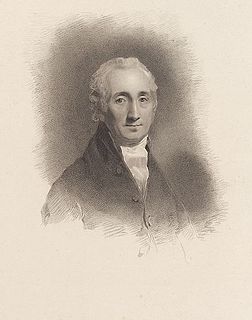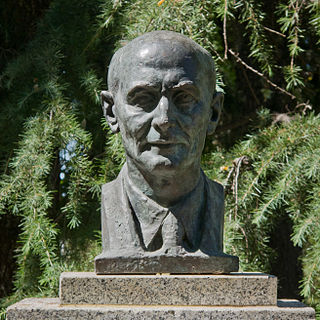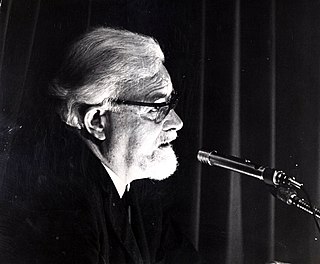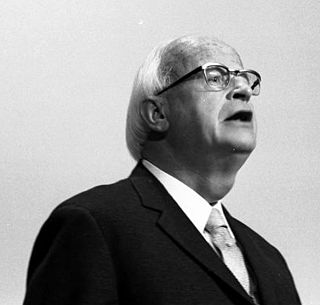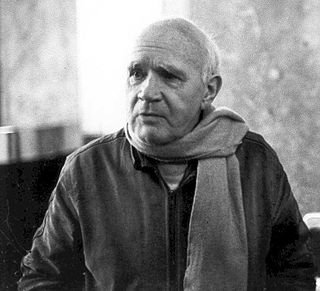A Quote by M. M. Mangasarian
Christianity...made, for nearly 1,500 years, persecution, religious wars, massacres, theological feuds and bloodshed, heresy huntings and heretic burnings, prisons, dungeons, anathemas, curses, opposition to science, hatred of liberty, spiritual bondage, the life without love or laughter.
Related Quotes
If one takes full account of the persecution of heretics, the frequency and savagery of the religious wars which Christianity had endangered, the harm caused, especially to children, by the pernicious doctrine of original sin, a case could be made for saying that the world would have been better off without Christianity.
The average age of the world's great civilizations has been two hundred years. These nations have progressed through the following sequence: from bondage to spiritual faith, from spiritual faith to great courage, from courage to liberty, from liberty to abundance, from abundance to selfishness, from selfishness to complacency from complacency to apathy, from apathy to dependency, from dependency back to bondage.
Religious bondage shackles and debilitates the mind and unfits it for every noble enterprise.... During almost fifteen centuries has the legal establishment of Christianity been on trial. What have been its fruits? More or less, in all places, pride and indolence in the clergy; ignorance and servility in laity; in both, superstition, bigotry, and persecution.
There is not a truth to be gathered from history more certain, or more momentous, than this: that civil liberty cannot long be separated from religious liberty without danger, and ultimately without destruction to both. Wherever religious liberty exists, it will, first or last, bring in and establish political liberty.
I don't believe that God is a fussy faultfinder in dealing with theological ideas. He who provides forgiveness for a sinful life will also surely be a generous judge of theological reflection. Even an orthodox theologian can be spiritually dead, while perhaps a heretic crawls on forbidden bypaths to the sources of life.
When you meet opposition to your faith, your first reaction may be anger toward your antagonist. This may divert your attention from the deeper, spiritual dimensions of your conflict. Your adversary may be hopelessly in bondage to sin. Rather than retaliating, you should immediately and earnestly intercede for that person. Your opponent's hostility is your invitation to become involved in God's redemptive work to free him or her from spiritual bondage. Be alert to the spiritual warfare around you.
You see, when a nation threatens another nation the people of the latter forget their factionalism, their local antagonisms, their political differences, their suspicions of each other, their religious hostilities, and band together as one unit. Leaders know that, and that is why so many of them whip up wars during periods of national crisis, or when the people become discontented and angry. This is the explanation of all wars, all racial and religious hatreds, all massacres, and all attempts at genocide.
The spiritual differs from the religious in being able to endure isolation. The rank of a spiritual person is proportionate to his strength for enduring isolation, whereas we religious people are constantly in need of 'the others,' the herd. We religious folks die, or despair, if we are not reassured by being in the assembly, of the same opinion as the congregation, and so on. But the Christianity of the New Testament is precisely related to the isolation of the spiritual man.
